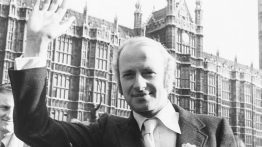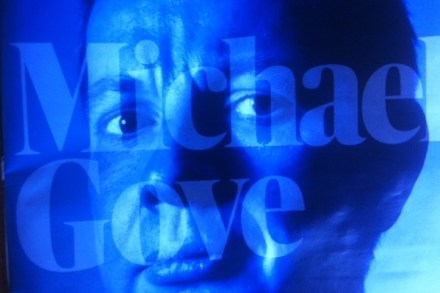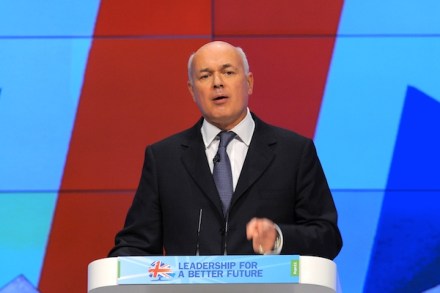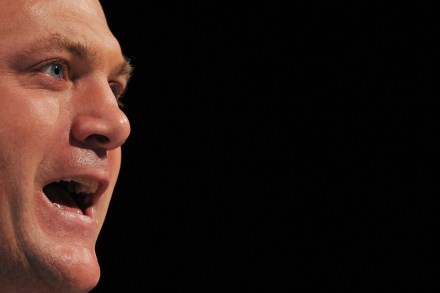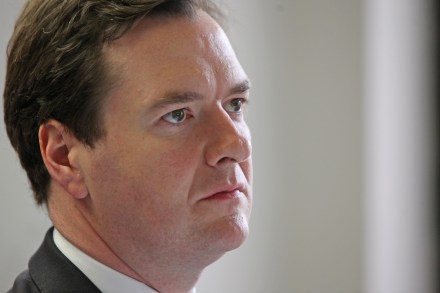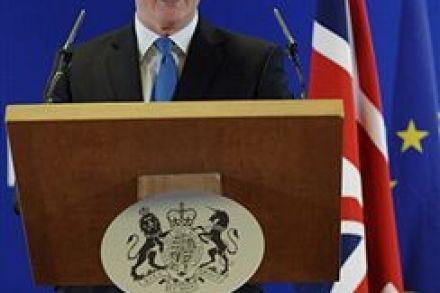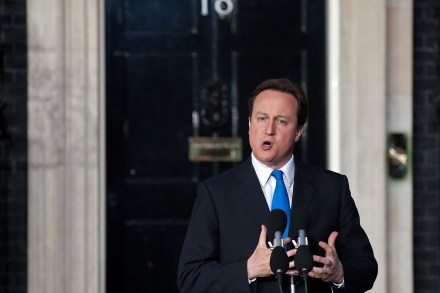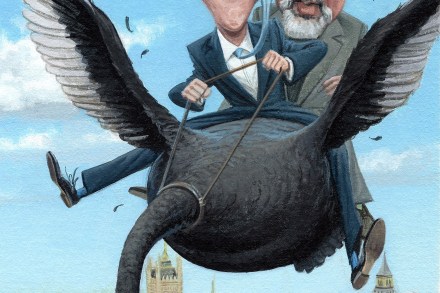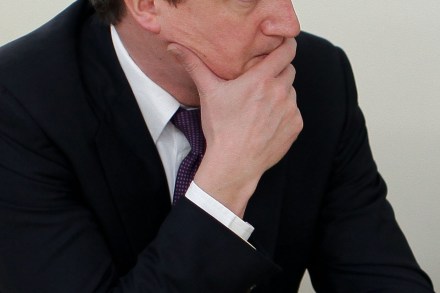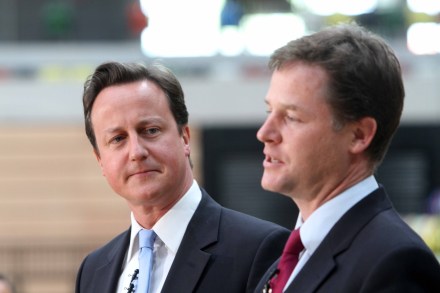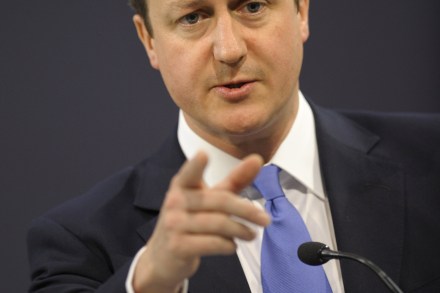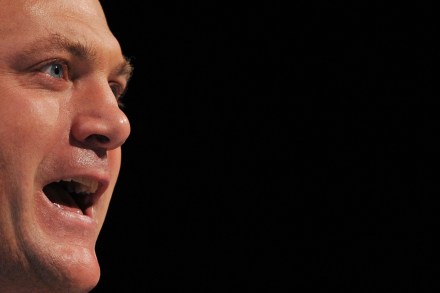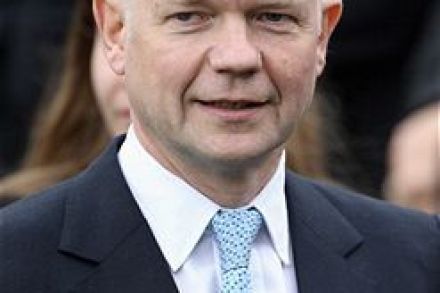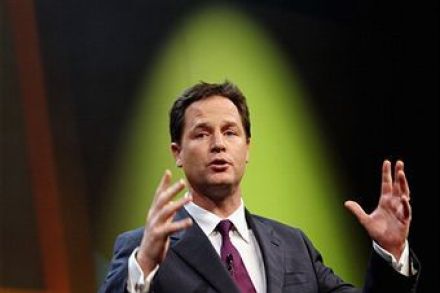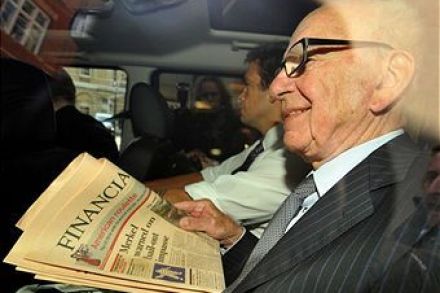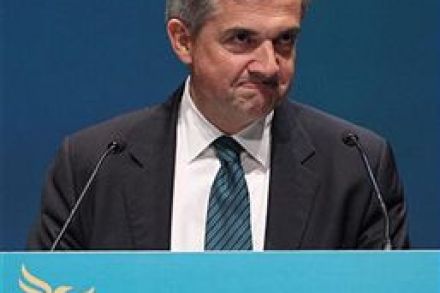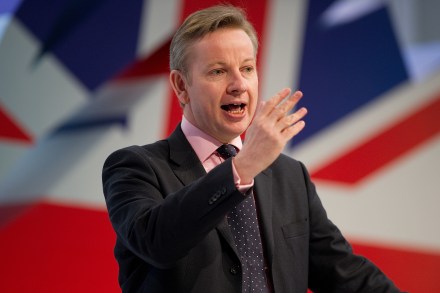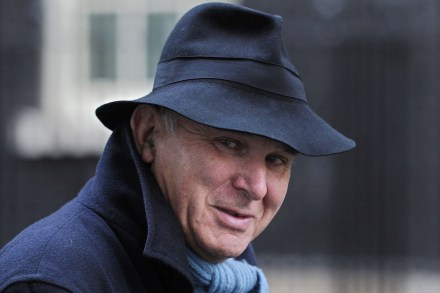Should Reeves raise income tax?
Rachel Reeves is reportedly looking at a 2p increase in income tax. The hike to the basic rate – paid on earnings between £12,571 and £50,270 – would take it from 20 per cent to 22 per cent. That’s still quite low by historic standards, despite the overall tax burden heading towards record highs. But it would also mean a clear and significant breach of Labour’s manifesto commitment, made just 14 months ago, not to raise the big three taxes. Would it be enough to get the Chancellor out of her fiscal hole? The Institute for Fiscal Studies recently put the size of that hole – that needs to be





